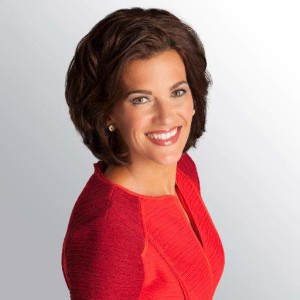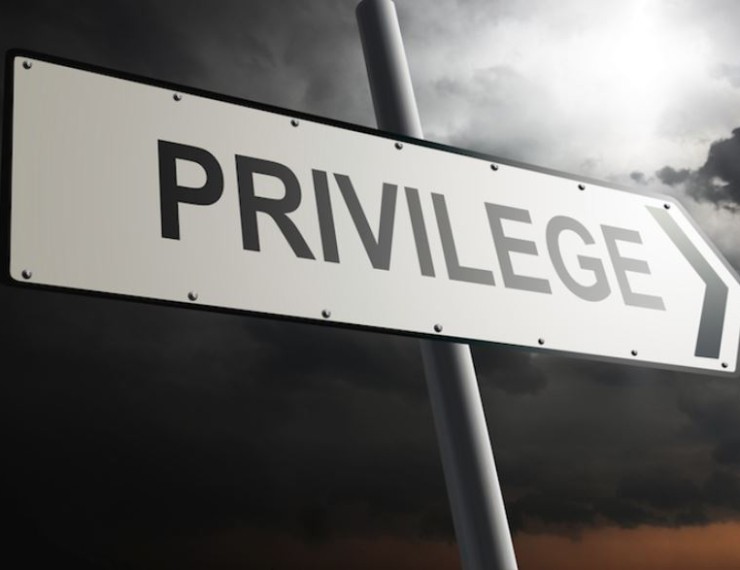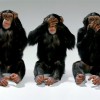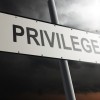An award-winning Pittsburgh television news anchor was fired last week for controversial and allegedly racist comments she made in a Facebook posting regarding the March 9, mass shooting at a backyard barbecue in the Pittsburgh suburb of Wilkinsburg, at which five people and an unborn child were killed.
In her Facebook post, WTAE-TV news anchor Wendy Bell speculated that: “You needn’t be a criminal profiler to draw a mental sketch of the killers who broke so many hearts two weeks ago Wednesday. I will tell you they live within 5 miles of Franklin Avenue and Ardmore Boulevard and have been hiding out since in a home likely much closer to that backyard patio than anyone thinks. They are young black men, likely teens or in their early 20s. They have multiple siblings from multiple fathers and their mothers work multiple jobs. These boys have been in the system before. They’ve grown up there. They know the police. They’ve been arrested. They’ve made the circuit and nothing has scared them enough. Now they are lost. Once you kill a neighbour’s three children, two nieces and her unborn grandson, there’s no coming back. There’s nothing nice to say about that.”
a criminal profiler to draw a mental sketch of the killers who broke so many hearts two weeks ago Wednesday. I will tell you they live within 5 miles of Franklin Avenue and Ardmore Boulevard and have been hiding out since in a home likely much closer to that backyard patio than anyone thinks. They are young black men, likely teens or in their early 20s. They have multiple siblings from multiple fathers and their mothers work multiple jobs. These boys have been in the system before. They’ve grown up there. They know the police. They’ve been arrested. They’ve made the circuit and nothing has scared them enough. Now they are lost. Once you kill a neighbour’s three children, two nieces and her unborn grandson, there’s no coming back. There’s nothing nice to say about that.”
Damon Young of verysmartbrothas.com, a primary and vocal local critic of Bell’s posting, opined that Bell “apparently moonlights as Sherlock fucking Holmes,” and took issue with “many layers and layers and layers to Bell’s abject obliviousness to how racist [her entire post] is.” The post, which can be read in its entirety here—triblive.com—is definitely insensitive and condescending, but should the post be construed as racist? What if the central tenets as quoted in the previous paragraph prove true—is it still racist? Likewise, would it have been construed as racist had Wendy Bell been a Black news anchor?
Wilkinsburg, for the record has the fourth highest crime rate of all Pittsburgh-area boroughs and has an annual violent crime rate that tends to be three times greater than the national average. Its population is roughly 75 percent Black, and its proportion of unwed mothers and “missing” men is also far above the national average. Vegas oddsmakers would undoubtedly lay the odds in favour of each sentence of Bell’s statement being true, from say 500-to-one that the shooters “were young Black men” to two-to-one that they have “multiple siblings from multiple fathers.”
I’m going to ask again: “If Bell’s statement turns out to be ‘true,’ can it still be construed as ‘racist?’” And, if true would that mean she has been unjustly fired, and that the TV station should re-hire her, especially given her apparent prescience?
Or to consider a different slant, if something is true, but comes across as racist, should it be left unsaid? Is truth less important than ensuring that feelings aren’t hurt?
Were I to say “if ‘black lives matter’ so much then why don’t they stop killing each other?” I would undoubtedly be excoriated as a racist mo-fo. And yet, my theoretical question reflects the inherent (and generally not-talked-about) truth that American Black folks tend to kill each other at a rate eight times greater than whites, and four times greater than all other ethnic and racial groups combined. For every Black person unjustifiably killed by a White cop, some 1,000 to 2,000 are shot dead by their fellow Bros.
But anytime a Cracker like me expresses any such statistic (or speculation) regarding Black crime we are quickly shouted down as being racist.
According to Department of Justice statistics, Black folks make up about 13 percent of the U.S. population, but have been responsible for more than 50 percent of all murders committed in the country during the past 30 years.
Ooops, there I go again, spouting off racist epithets….
I am sorry that the truth hurts, but does that mean it should remain unspoken?
Here’s another truth, Blacks are treated unfairly by the U.S. criminal justice system. Statistics prove that Blacks receive longer sentences for similar crimes committed by Whites, are much more likely to be searched during traffic stops than Whites, and have long been targeted much more aggressively than Whites during the War on Drugs.
I don’t suppose I’ll be called out as a racist for spouting these truths, but why the difference? All of the above statements are essentially true. Is it only because the one statement makes Blacks look bad, while the other statement shows how Blacks are victimized? What, only Black folks are allowed to say anything negative about Black folks?
The aforementioned Damon Young seems to believe this and alludes to the ever-so politically correct “White privilege” as a reason Whites should refrain from discussing inconvenient truths such as those found in the nation’s criminal justice statistics.
OK, because I enjoy certain privileges by dint of my birth and skin color, I am not allowed to talk about those less privileged? And yet, Damon, because he is less privileged, is allowed to say whatever he wants about all us dumb White folks?
I guess I am like Wendy Bell, and, according to Damon, “utterly clueless about race, White privilege, and how [my] privilege contributes to [my] tone deaf myopia in regards to race.”
For the record, another Black activist—Tim Stevens, CEO of the advocacy group Black Political Empowerment Project—refused to term Bell’s Facebook posting as “racist,” calling the word “loaded.” Noting that Bell’s posting was definitely “a super insensitive thing to write,” Tim also said he felt conflicted about whether Bell should have been fired.
What do you think: Are Wendy Bell and I just dumb-ass, racist Crackers, or is this just another instance in which political correctness serves as a means for censorship?
—M.J. Moye





